Natural Healing and the Human Body
Share
The human body is an extraordinary machine, equipped with innate mechanisms for healing and self-repair.
From mending broken bones to fighting infections, the body often demonstrates its ability to restore balance without external intervention.
However, the extent to which natural healing can address health issues is a topic of ongoing debate.
While some conditions resolve without the need for drugs, therapies, or surgery, others require human intervention to prevent complications, alleviate suffering, or save lives.
This article explores the balance between natural healing and medical intervention, examining when each approach is most appropriate.
The Power of Natural Healing
Natural healing refers to the body’s ability to repair itself without external interference. This process relies on the immune system, cellular regeneration, and other physiological mechanisms that work to restore health.
Examples of Natural Healing
-
Wound Healing
When you get a cut, your body immediately begins the healing process. Platelets form a clot to stop the bleeding, and white blood cells fight off potential infections. Over time, new skin cells regenerate to close the wound. -
Bone Repair
A fractured bone naturally heals itself by forming a callus, a temporary structure that stabilizes the bone while new tissue grows to restore its strength. -
Immune Response
When exposed to viruses or bacteria, the immune system activates to neutralize and eliminate pathogens. In many cases, the body recovers from illnesses like the common cold without medical intervention. -
Homeostasis
The body continuously works to maintain balance, such as regulating blood sugar levels, repairing minor cellular damage, and adapting to environmental changes.
Benefits of Allowing Natural Healing
- Minimized Side Effects: Avoiding drugs or invasive procedures eliminates the risk of adverse reactions.
- Strengthened Immune System: Natural healing can enhance the body’s resilience to future challenges.
- Cost-Effectiveness: Allowing the body to heal naturally reduces medical expenses.
- Avoidance of Over-Treatment: Relying on natural processes prevents unnecessary medical interventions.
Limits of Natural Healing
While the body is capable of remarkable self-repair, there are limits to what it can achieve unaided. Certain conditions or injuries may overwhelm the body’s natural mechanisms, leading to prolonged suffering, permanent damage, or even death without medical intervention.
When Natural Healing Falls Short
-
Severe Injuries
- Example: A compound fracture (where the bone breaks through the skin) may not heal properly without surgical intervention to align and stabilize the bone.
- Why Intervention is Needed: Improper healing can lead to deformities or chronic pain.
-
Chronic Diseases
- Example: Conditions like diabetes or hypertension require ongoing management through medication and lifestyle changes.
- Why Intervention is Needed: Without treatment, these diseases can lead to life-threatening complications.
-
Infections Beyond the Body’s Control
- Example: Severe bacterial infections like sepsis require antibiotics to prevent organ failure and death.
- Why Intervention is Needed: The immune system alone may not be able to combat rapidly spreading infections.
-
Cancer
- Example: While the immune system can sometimes detect and destroy cancerous cells, many cancers require treatments like chemotherapy, radiation, or surgery.
- Why Intervention is Needed: Unchecked, cancer can grow and spread, leading to severe health consequences.
-
Congenital or Genetic Disorders
- Example: Conditions like cystic fibrosis or congenital heart defects often require medical or surgical interventions.
- Why Intervention is Needed: These issues are beyond the scope of the body’s natural repair mechanisms.
The Role of Human Intervention
Modern medicine plays a crucial role in addressing the limitations of natural healing. Advances in technology, pharmaceuticals, and surgical techniques have saved countless lives and improved the quality of life for millions.
Benefits of Medical Intervention
-
Life-Saving Treatments
- Emergency surgeries, vaccines, and medications like insulin have revolutionized healthcare.
-
Pain Management
- Medical interventions can alleviate suffering, allowing individuals to function and recover more effectively.
-
Preventive Care
- Screenings and vaccinations prevent diseases before they occur, reducing the burden on the body’s natural defenses.
-
Enhanced Recovery
- Physical therapy and rehabilitation support natural healing while improving outcomes.
Striking a Balance
The key to optimal health lies in striking a balance between trusting the body’s natural abilities and seeking medical intervention when necessary.
Factors to Consider
-
Severity of the Condition
Minor issues like colds or small cuts often resolve naturally, while serious conditions require medical attention. -
Individual Health
A person’s age, immune system strength, and overall health influence their ability to heal naturally. -
Timeliness
Delaying medical intervention for conditions that require treatment can worsen outcomes.
Integrative Approaches
Many healthcare professionals advocate for integrative medicine, combining natural healing practices with modern medical treatments. For example:
- Using physical therapy to support recovery after surgery.
- Complementing antibiotics with probiotics to maintain gut health.
- Combining stress-reduction techniques like meditation with traditional treatments for chronic pain.
Conclusion
Natural healing is a testament to the human body’s resilience and adaptability, capable of addressing many ailments without external help. However, it is not a panacea. Certain conditions and injuries exceed the body’s natural capacity to heal, necessitating medical intervention.
Understanding when to trust your body and when to seek professional help is crucial for achieving the best health outcomes. By respecting the power of natural healing while recognizing the importance of modern medicine, individuals can make informed decisions that support their well-being and longevity.
